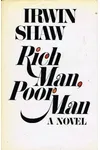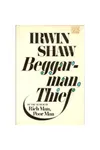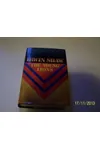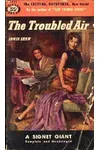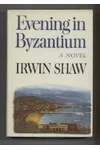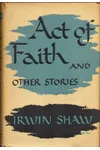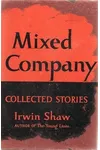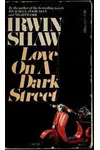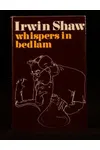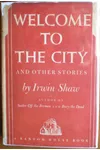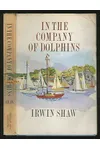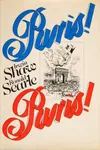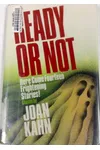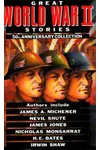Picture an American storyteller who turned the chaos of war and the drama of human ambition into gripping tales—meet Irwin Shaw! Born Irwin Gilbert Shamforoff in 1913, this literary chameleon wove stories that captured hearts across novels, short stories, plays, and screenplays. From the battlefields of World War II to the glitz of bestseller lists, Shaw’s knack for compelling narratives made him a household name.
With his breakthrough novel The Young Lions and the blockbuster Rich Man, Poor Man, Shaw didn’t just write—he crafted windows into the human soul. Ready to dive into his world? Let’s explore the life, works, and lasting spark of this literary giant.
The Making of Irwin Shaw
Born in the Bronx, New York, to Russian-Jewish immigrant parents, Irwin Shaw grew up in a vibrant, bustling city that shaped his keen eye for human nature. After moving to Brooklyn and graduating from Brooklyn College in 1934, he dove into writing, penning radio scripts and short stories. His early work, infused with social commentary, caught attention in literary circles, setting the stage for his rise. World War II, where he served as a warrant officer, became a defining chapter, fueling his raw, vivid storytelling.
Irwin Shaw’s Unforgettable Stories
Shaw’s bibliography is a treasure trove of diverse works, but a few shine brightest. The Young Lions (1948), inspired by his wartime experiences, follows three soldiers—two American, one German—through the moral quagmires of World War II. Its unflinching look at war’s toll made it an instant classic, later adapted into a Marlon Brando film. Then came Rich Man, Poor Man (1970), a sprawling family saga tracing the divergent paths of two brothers. This novel, later a groundbreaking TV miniseries, cemented Shaw’s pop-culture status.
His short stories, like those in The Girls in Their Summer Dresses, showcase his knack for capturing fleeting moments of human connection with wit and warmth. Shaw’s style—direct, emotionally resonant, and rich with character-driven drama—tackled themes of ambition, morality, and resilience. Whether writing for the stage, screen, or page, he had a gift for making the ordinary profound.
Why Irwin Shaw Matters
Irwin Shaw’s stories endure because they speak to universal truths—love, loss, and the messy beauty of being human. His ability to blend literary depth with accessible storytelling influenced generations of writers and filmmakers. From the emotional weight of The Young Lions to the cultural phenomenon of Rich Man, Poor Man, Shaw’s work bridged high art and popular entertainment, leaving a mark on both. His sharp observations of society still resonate, inviting readers to reflect on their own lives.
About Irwin Shaw
- Born: February 27, 1913, in the Bronx, New York
- Died: May 16, 1984, in Davos, Switzerland
- Key Works: The Young Lions, Rich Man, Poor Man, The Girls in Their Summer Dresses
- Notable: His play Bury the Dead (1936) was an anti-war hit.
Snag The Young Lions or Rich Man, Poor Man and dive into Irwin Shaw’s captivating world of drama and heart!
